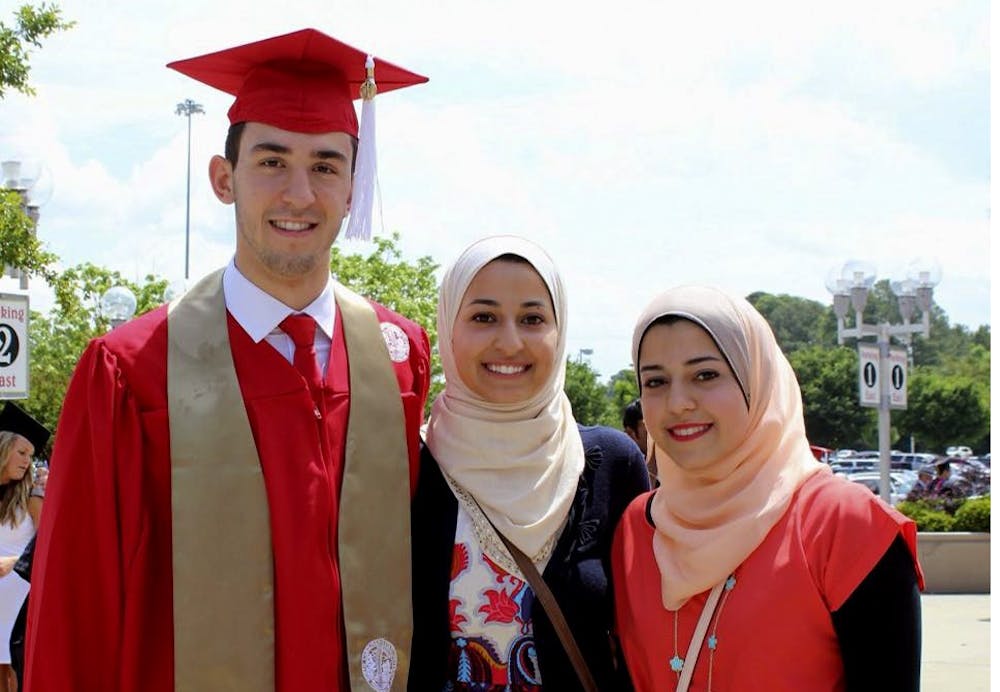“We’re all back to business, my family as well,” Abu-Salha said. “We’re just trying to move forward with dignity and be there for each other.”
Craig Stephen Hicks has been indicted with three counts of first-degree murder for shooting UNC School of Dentistry student Deah Barakat; Barakat’s wife, Yusor Abu-Salha; and Yusor’s sister, Razan Abu-Salha, on Feb. 10 in their Chapel Hill apartment. Hicks was their neighbor at Finley Forest Condominiums.
The FBI handed over their files to the U.S. Attorney’s Office in the Middle District for deliberation of federal prosecution for a hate crime. The state court decided Hicks qualifies for a death penalty prosecution in April.
According to the FBI, when a criminal offense committed is motivated by a bias against factors like race and religion, it can be considered a hate crime. Hicks’ actions invoked debate about whether the crime was motivated by religious bias.
But a problem exists: Proving a hate crime can be difficult. In this case, police say the shooting was triggered by a dispute over a parking space.
“It’s always hard to prove a motive,” said UNC law professor Joseph Kennedy. “The easiest to prove is when someone makes direct statements about their motivations.”
Under the federal hate crime statute, the prosecutor will have to prove the crime would not have occurred without the bias. For this particular case, Kennedy said a hate crime indictment might not make a difference to the sentencing, since Hicks has been indicted with first-degree murder. Kennedy said he will likely get life in jail without parole or the death penalty.
Another problem was that hate motive is not listed as an aggravating factor under the North Carolina death penalty. North Carolina’s hate crime statute also doesn’t cover homicide cases.



